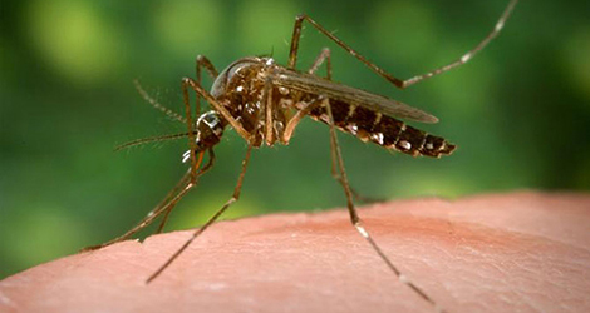
Resilient West Africa healthcare systems to eliminate malaria
The astounding global response following the COVID-19 outbreak is a striking example of how public-private partnerships can advance public health.
Governments worldwide needed to prioritise workable solutions and strengthen healthcare infrastructure, during the crisis, to manage rising cases.
In less than two years, these efforts yielded positive results: the number of infections and deaths was reduced, lockdowns were eased and restrictions in most parts of the world were lifted.
The pandemic should indeed serve as an opportunity to deploy the same energy to address other issues related to access to medicines and health care.
According to the WHO 2020 Malaria Report, many in Africa still struggle with access to basic medicines, including antimalarials. Malaria is still a leading cause of sickness and death in many African countries, with the most vulnerable groups being young children who are yet to develop immunity to malaria and pregnant women who experience decreased immunity.
It is hard for me to speak about malaria without thinking of my own experience as a child when I was constantly being treated for the disease. This resulted in a lot of out-of-school days in my younger years. Thankfully, I moved out of this phase before my secondary education commenced. Sadly, this is not the case for many people in malaria-endemic countries. Each case of malaria results in immeasurable stress and personal costs for patients and their families.
Economic burden
Malaria presents a huge economic burden to individuals, families, societies and nations. The centres for disease control and prevention estimate the direct costs, for example, of illness, treatment and premature death to be at least US$12 billion per year. The cost of lost economic productivity and growth is often more than that.
Despite remarkable progress in the past two decades, we are still reminded of how far we still need to go. The disease claimed 627,000 lives in 2020 compared to 409,000 in 2019 and is still killing more people than COVID-19 in Africa, which bears 95 per cent of the world’s malaria caseload. Every minute, a child dies from this preventable and curable disease, with two-thirds of these children aged under five. This is more than just a statistic – it represents a lost generation of scientists, engineers and teachers who could have contributed to a more prosperous future.
This is why Novartis has taken a multi-faceted approach to fight the disease through sustainable partnerships to research, develop and manufacture a portfolio of antimalarial drugs. In 1999, Novartis, in partnership with Medicines for Malaria Venture, introduced its first malaria treatment, a highly effective fixed-dose artemisinin-based combination therapy.
Since its launch, more than 430 million dispersible treatments for children have been distributed to malaria-endemic countries and are contributing to a significant reduction in malaria deaths. In 2021, it crossed the one billion mark in antimalarial treatments delivered to patients worldwide.
In 2021, Novartis partnered the Society for Family Health on the Del2All programme, an Integrated Community Case Management intervention, to strengthen access to diagnosis and treatment for children with malaria who are under five years of age in Nigeria. The programme aimed to deliver healthcare services at the community level to all children with malaria, diarrhoea and pneumonia and to improve community knowledge, care-seeking behaviour and uptake of services for these diseases in Ebonyi and Kaduna states.
It is worth noting the tremendous progress toward malaria elimination in the West Africa region. Ghana has made impressive progress against malaria, decreasing mortality and morbidity by over 50 per cent between 2005 and 2015. Gains facilitated in part due to increased financial commitment from government and donors. Meanwhile, in 2021, Nigeria and the Global Fund launched new grants to fight malaria and build resilient healthcare systems across the country for a three-year period.
The need for multi-sectoral collaboration and allocation of funding to carry out more targeted interventions, awareness programmes and research and development in the fight against malaria cannot be over-emphasised. This will help strengthen healthcare systems and boost the economy – even in the most endemic communities so they are better prepared to respond to the threat of malaria.
When you invest in healthcare, it is not a cost, it is an investment in our collective welfare and economy.
Cluster Head Novartis, English West Africa
